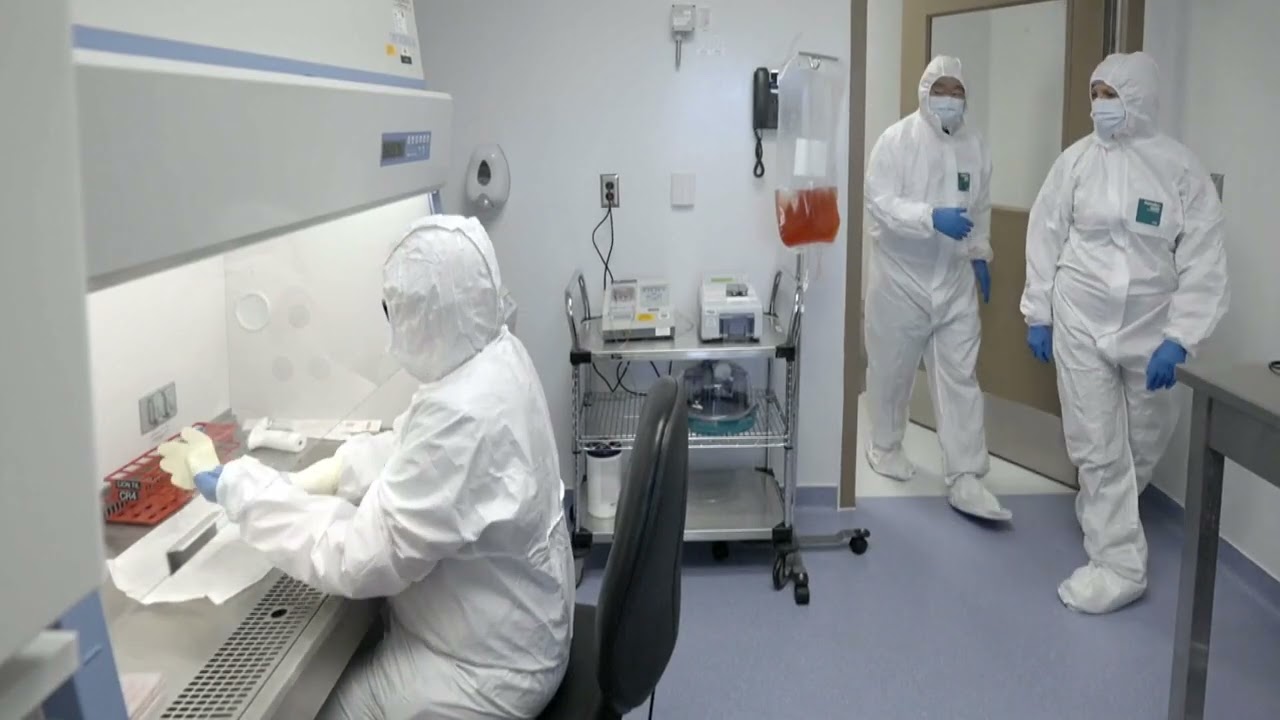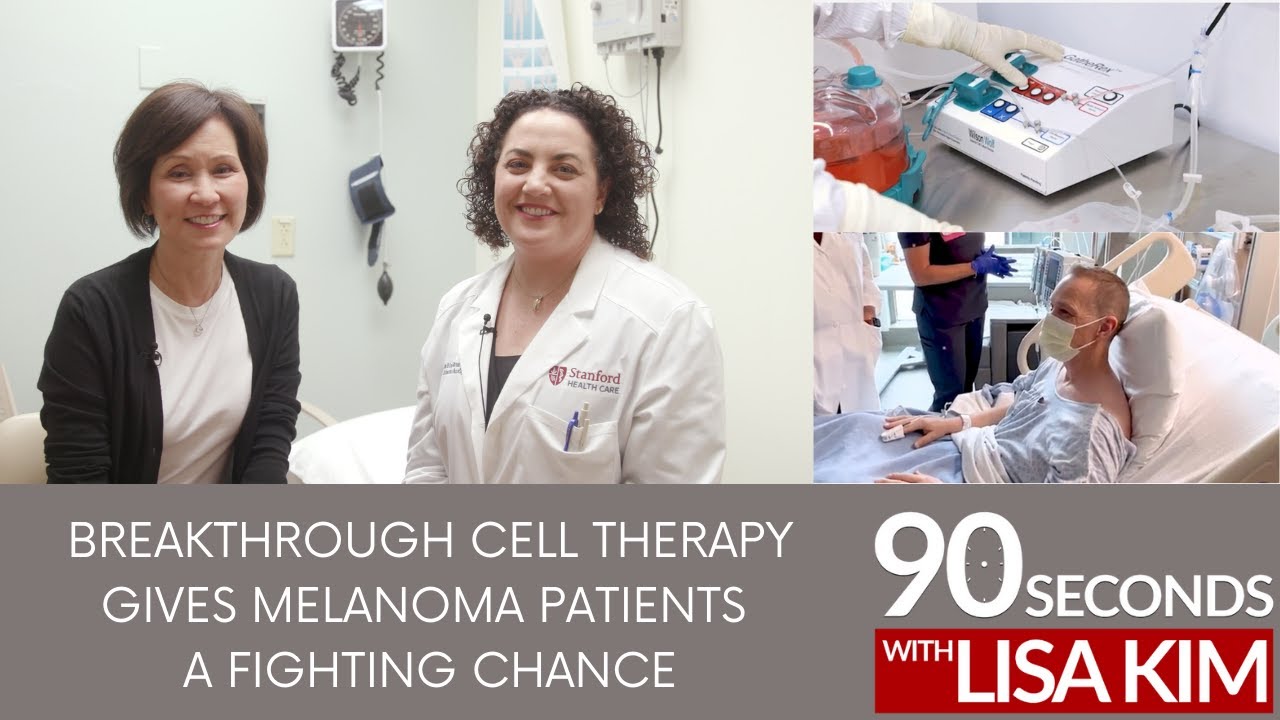The Oncology Channel
NEW YORK (Reuters Health) – Adding trastuzumab (Herceptin) to standard chemotherapy for HER2-positive early breast cancer significantly reduces recurrence risk and improves overall survival, but it also increases the risk of heart failure, according to a systematic review of the topic.
“Shorter duration of therapy may reduce cardiotoxicity and maintain efficacy, however there is insufficient evidence at present to conclude this,” note the authors of the report in the Cochrane Library issued online April 18.
Dr. Lorenzo Moja, at the University of Milan, Italy and colleagues note that about 20% of women with early breast cancer have HER2-positive tumors. While the efficacy of trastuzumab in this population seems clear, potential cardiotoxicity has to be considered particularly for patients at low risk of recurrence or at increased cardiovascular risk.
To look at the balance of benefit and risk, the team identified eight relevant randomized controlled trials involving 11,991 patients. Mean follow-up was 3 years.
The pooled data indicated that overall survival was better among patients receiving trastuzumab-containing regimens than among controls (hazard ratio 0.67; p<0.00001), as was disease-free survival (hazard ratio 0.60; p<0.00001).
However, the risk of developing heart failure was increased with trastuzumab use (hazard ratio 5.11; p<0.00001), the investigators found.
They note that two small trials looked at trastuzumab given for less than 6 months. While efficacy was similar to that seen with longer use, there were fewer cardiac toxicities. However, patient numbers are too small for the investigators to recommend this approach.
Putting the figures in perspective in the Plain Language Summary section of the paper, the authors write: “If 1000 women were given standard therapy alone (with no trastuzumab) then about 900 would survive and five would have experienced heart toxicities. If 1000 women were treated with standard chemotherapy and trastuzumab for one year, about 933 would survive (33 more women will have their lives prolonged), about 740 would be free of disease recurrence (95 more women will not experience the disease return), and 26 would have serious heart toxicity (21 more than the chemotherapy alone group) due to the drug. These heart toxicities are often reversible if the treatment is stopped straight away.”
Dr. Moja and colleagues conclude that in women at higher risk of recurrence and with no cardiac symptoms, trastuzumab offers far more benefits than risks. For women with small tumors at low risk for recurrence or with cardiovascular disease, the pros and cons have to be weighed carefully.
“The oncologist should share the decision with the patient concerning whether and how to start the treatment,” they advise.
SOURCE:
Trastuzumab containing regimens for early breast cancer
Cochrane Dat Syst Rev 2012 (4).








